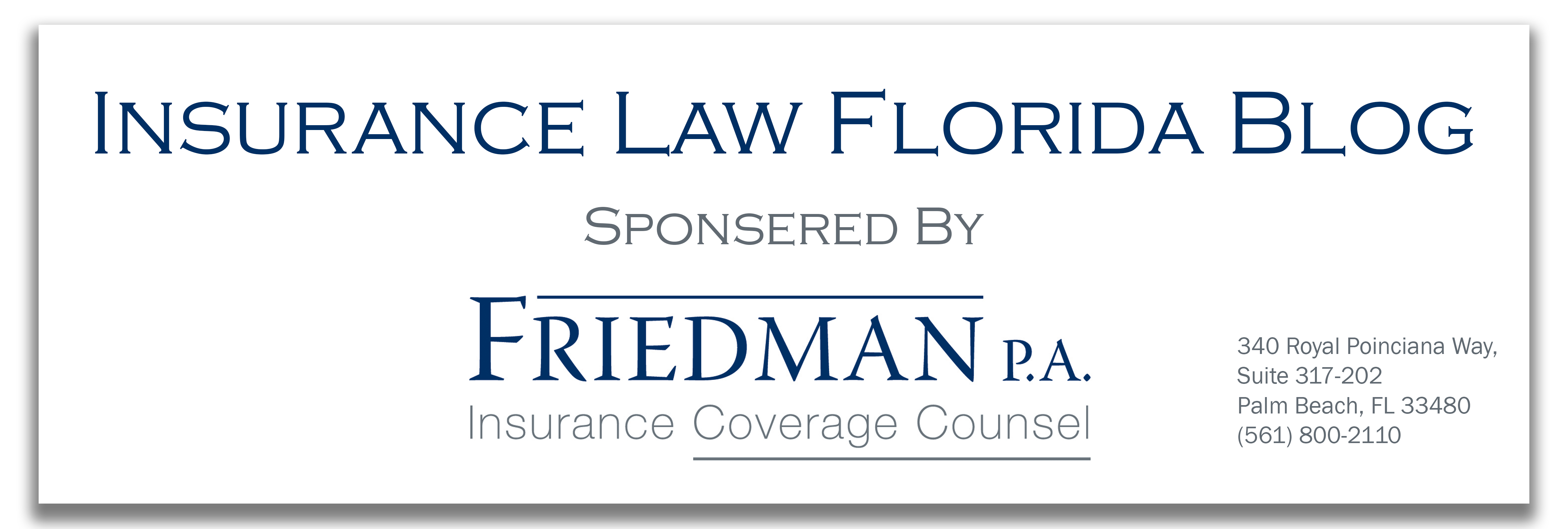It’s time to get back to my list of Top 10 Commercial Insurance Myths and Misconceptions. Today we discuss misconception #3: Fraud Claims Are Not Covered.
This issue most frequently arises in the D&O insurance context, which I discuss below, but it arises in other contexts as well. Many types of claims, including general liability, errors & omissions, and employment practices claims, contain allegations of fraud against a company or individual. The fraud allegation often is combined with allegations of intentional and negligent misrepresentation, the latter of which would clearly fall within coverage for a negligence claim. The company may be alleged to have been complicit in the fraud, or a plaintiff may seek to hold the company vicariously liable for the fraudulent conduct of an officer or employee.
All liability policies contain “conduct” exclusions that exclude coverage for acts that are fraudulent, criminal, or intended to cause harm. In the general liability context, it is important to know that “intentional acts” exclusions only apply when the policyholder acts with an intent to cause harm. From a duty-to-defend standpoint, an insurer is obligated to provide a complete defense to an otherwise covered lawsuit that contains fraud allegations, so long as some of the allegations are covered. In addition, even if an employee is found to have acted fraudulently, most liability policies preserve coverage for a company’s vicarious liability due to the fraudulent or criminal acts of the company’s employees.
The fraud exclusion in D&O policies typically does not apply until there has been a “final adjudication” that a director or officer committed deliberate dishonest, criminal, or fraudulent acts. There are many variations to this “final adjudication” language, and companies need to insist on language that protects accused individuals in the event of a settlement of the underlying action, or where certain findings may be made in an ancillary administrative or regulatory action.
In most instances, D&O insurers must advance defense costs for individuals accussed of fraudulent acts until such time that the individual has been adjudicated to be a fraudster. D&O insurers must pay to settle claims accusing directors or officers of fraud if the claims are settled without an admission of wrongdoing, which is almost always the case.
Even if an individual is convicted of fraud, most D&O policies contain “severability” provisions that protect innocent insureds from losing their coverage rights due to the actions of their guilty co-defendants. Again, there are many different types of severability clauses, but companies should insist on clauses that apply only to “such” adjudicated fraud-doers, and preserve coverage for individuals who may be accused of fraud but are not so adjudged.
There is no reason when it comes to D&O insurance for “one bad apple to spoil the bunch” — if the policy language is properly negotiated.
